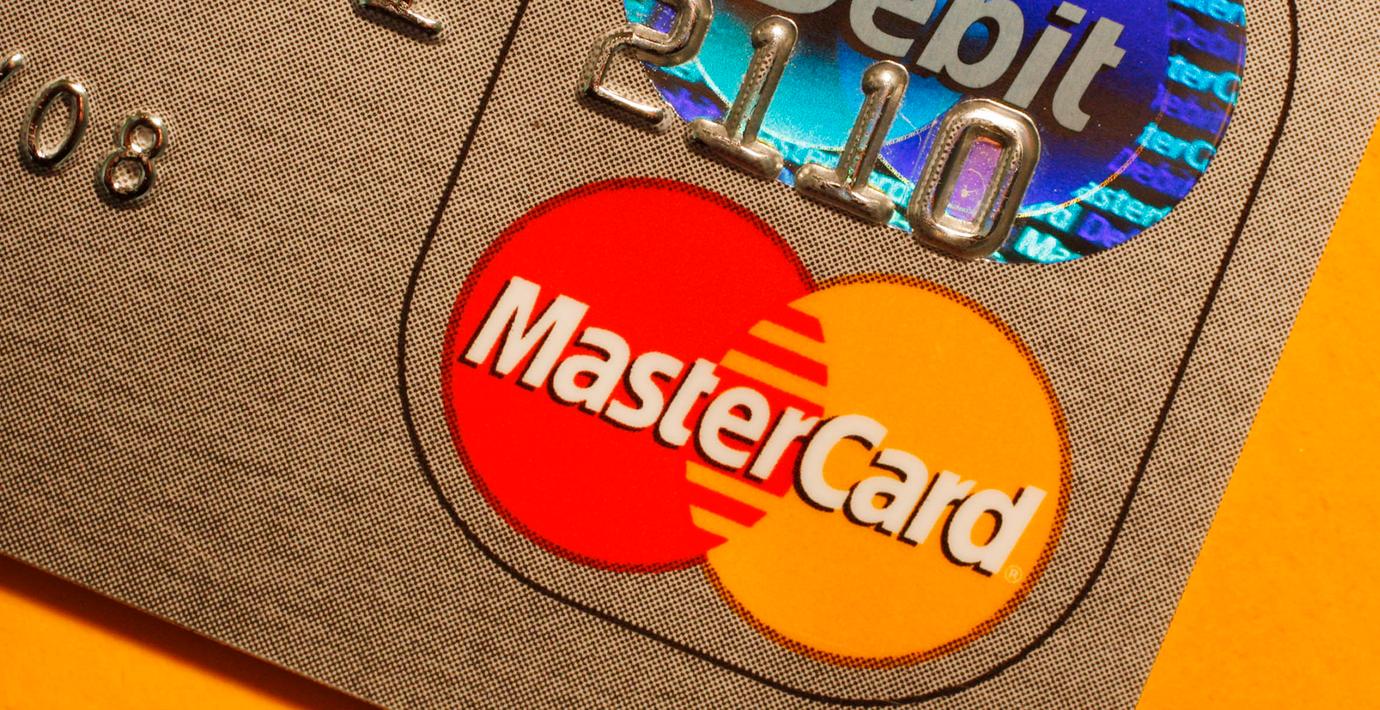
Mastercard stäms på 160 miljarder för avgifter
Kortbolaget Mastercard stäms på 14 miljarder pund – nära 160 miljarder – för att ha överbelastat 46 miljoner brittiska kunder, skriver The Guardian. Fallet berör avgifter som mellan 1992 och 2008 ålagts butiker och företag som accepterar Mastercards kort. Det amerikanska bolaget hävdar att man kraftigt kommer att motsätta sig anklagelserna.
bakgrund
Avgiften kallas interchange fee
Wikipedia (en)
Interchange fee is a term used in the payment card industry to describe a fee paid between banks for the acceptance of card based transactions. Usually it is a fee that a merchant's bank (the "acquiring bank") pays a customer's bank (the "issuing bank"); however there are instances where the interchange fee is paid from the issuer to acquirer, often called reverse interchange.
In a credit card or debit card transaction, the card-issuing bank in a payment transaction deducts the interchange fee from the amount it pays the acquiring bank that handles a credit or debit card transaction for a merchant. The acquiring bank then pays the merchant the amount of the transaction minus both the interchange fee and an additional, usually smaller, fee for the acquiring bank or independent sales organization (ISO), which is often referred to as a discount rate, an add-on rate, or passthru. For cash withdrawal transactions at ATMs, however, the fees are paid by the card-issuing bank to the acquiring bank (for the maintenance of the machine).
These fees are set by the credit card networks, and are the largest component of the various fees that most merchants pay for the privilege of accepting credit cards, representing 70% to 90% of these fees by some estimates, although larger merchants typically pay less as a percentage. Interchange fees have a complex pricing structure, which is based on the card brand, regions or jurisdictions, the type of credit or debit card, the type and size of the accepting merchant, and the type of transaction (e.g. online, in-store, phone order, whether the card is present for the transaction, etc.). Further complicating the rate schedules, interchange fees are typically a flat fee plus a percentage of the total purchase price (including taxes). In the United States, the fee averages approximately 2% of transaction value.
In recent years, interchange fees have become a controversial issue, the subject of regulatory and antitrust investigations. Many large merchants such as Wal-Mart have the ability to negotiate fee prices, and while some merchants prefer cash or PIN-based debit cards, most believe they cannot realistically refuse to accept the major card network-branded cards. This holds true even when their interchange-driven fees exceed their profit margins. Some countries, such as Australia, have established significantly lower interchange fees, although according to a U.S. Government Accountability study, the savings enjoyed by merchants were not passed along to consumers. The fees are also the subject of several ongoing lawsuits in the United States.
bakgrund
Mastercard
Wikipedia (sv)
Mastercard Inc. är en internationell organisation som äger varumärkena MasterCard, Maestro och Cirrus. MasterCard International är noterat på NYSE. Aktieägarna - medlemmarna - får genom medlemskap rätten att ge ut debetkort, kreditkort, betalkort och andra typer av kort med något av varumärkena ovan. MasterCard bildades 1966, under namnet Interbank. Från 1969 till 1979 hette korten MasterCharge för att därefter byta till dagens namn.
Huvudkontoret ligger i Purchase, New York i USA.
Omni är politiskt obundna och oberoende. Vi strävar efter att ge fler perspektiv på nyheterna. Har du frågor eller synpunkter kring vår rapportering? Kontakta redaktionen